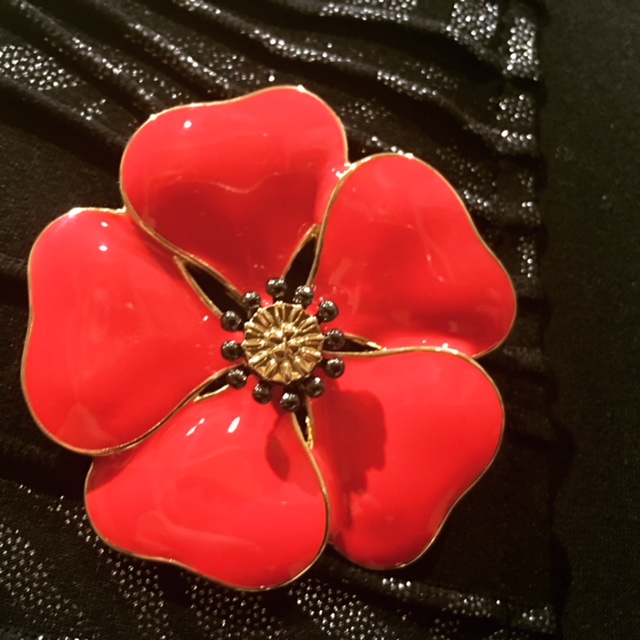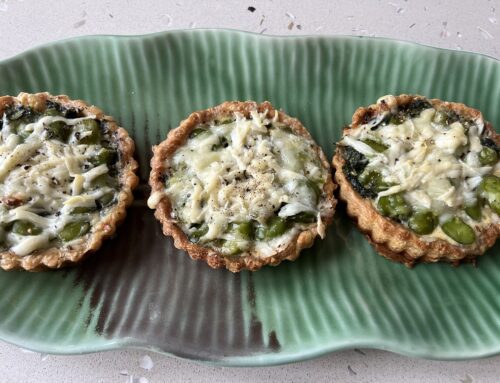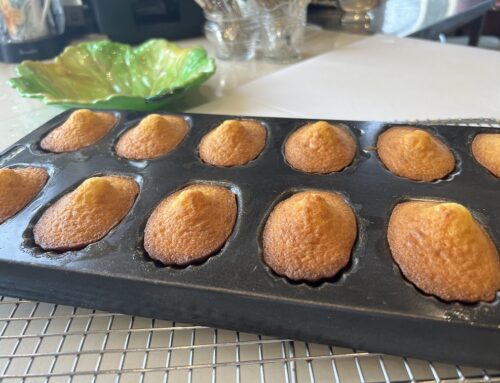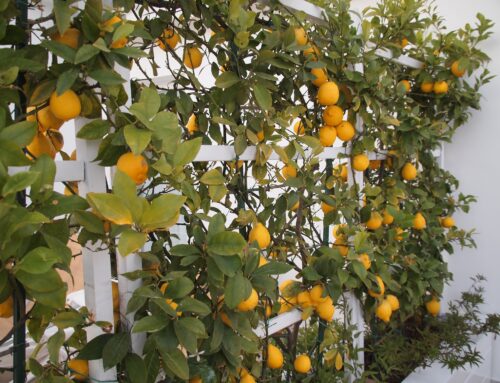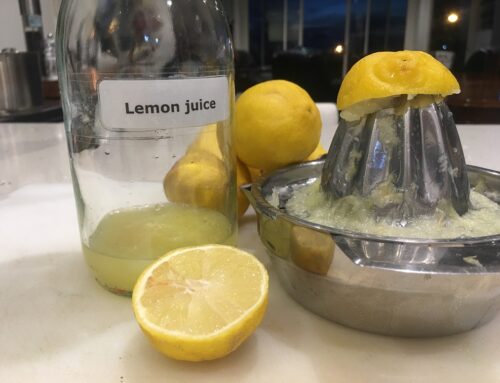Anzac Day is a time to remember the sacrifices made for us by our men and women during all of our wars. Tonight we are dining at our very nice local RSL in Nambour where at 6 pm they always read the Ode and play the last post to remember those brave people who fought for our freedom. It is a very moving short ceremony during which everyone immediately stops what they are doing, and stand very solemnly and pays their respects. It has a great impact on me each time, especially tonight on the eve of Anzac Day.
I always bake Anzac biscuits for Australia Day and Anzac Day. They are a quick, sweet, treat to make in about half an hour; they provide a wonderful activity to bake with your children and are always a yummy favourite.
Anzacs are oat based sturdy biscuits, said to have been first created by the wives and girlfriends of the soldiers in World War 1, to send over to their loved ones to supplement their meagre army rations.
The first Anzac biscuits did not contain all the delicious ingredients ours do today. The biscuits needed to travel and keep well for several months on their journey from Australia to the ANZAC – Australian and New Zealand Army Corps in Gallipoli and the Western Front. They were traditionally hard tack biscuits, a bread substitute which had a long shelf life. No eggs were used as eggs were scarce and milk was omitted to increase the long life of the biscuit; golden syrup was used to bind the dry ingredients together.
Even so, they were a great hit, and they continued to be baked well after the war and then appeared in many cookbooks. They also have continued to be associated with ANZACS and hance their name! The first recorded mention of them appeared in 1923 in Mrs H Wharton-Shaw’s ‘Six hundred tested recipes’ using the oats, sugar, flour, butter and golden syrup. These days they are made with rolled oats, flour, desiccated coconut, sugar, butter, golden syrup and baking soda.
Now, like the pavlova there has been much discussion and contention about who first published the recipe – Australia or New Zealand! However, they are now immortalised and used as fundraisers for the RSL and are an integral part of our ANZAC day celebrations.
I am frequently trying out various recipes. By now, I have quite a collection, but I prefer the recipe from my grandmother! They are all very similar, but with slightly differences – one might use honey instead of the golden syrup, one has lemon zest, some have nuts; some are crunchier, some chewier and nuttier.
Whatever the variations of ANZACS, the basic ingredients are oats, flour, butter and sugar, with the butter melted and mixed with the dry ingredients.
The general basic biscuit ingredients of butter, sugar and flour, can produce amazingly different results depending on the method of mixing. Such as shortbread requires the butter to be rubbed into the flour; for chocolate chip biscuits the butter and sugar are creamed together first.
With the Anzacs’ melt and mix method, quite a different style of biscuit may be made, including tuilles, brandy snaps, Florentines and langues du chats.
It is important to mix the ingredients together well so that the sugar is completely dissolved but avoid over-mixing. Over-mixing can make the biscuit tough and hard, whereas our aim is for crunchy. Over-mixing overdevelops the gluten in the flour and causes a tough, chewy biscuit and can causes shrinkage as well.
Be sure not to place the biscuit mixture too close together on the oven tray, as the biscuits spread a lot during the cooking and can end up with them all joined together into a biscuit slice.
Traditionally these ‘historic’ biscuits are served as rounded mounds, a modern alternative is to roll the mixture into a log, cut into slices and cook.
By varying the quantities slightly, you can achieve the result you prefer:
1. if you like your Anzacs crisp, use a higher sugar content to that of the golden syrup, use less liquid and bake in a low, slow oven.
2. If you like them soft and chewy, use a higher proportion of golden syrup and use less bicarbonate soda which will reduce any metallic taste.
3. If you find your mixture is too much for your requirements, roll it into a log shape, wrap in cling wrap and freeze for another time.
My Grandmother’s Anzac Biscuits
Traditionally these ‘historic’ biscuits are served as rounded mounds, a modern alternative is to roll the mixture into a log, cut into slices and cook.
125g butter
1 tbsp golden syrup
2 tbsp boiling water
1 tsp bicarbonate soda
150g flour
220g sugar
100g rolled oats
90g desiccated coconut
Pre-heat the oven to 150ºC. Melt butter and golden syrup over gentle heat. Mix boiling water and bicarbonate soda and add to the pot.
Mix together the oats, coconut, sifted flour and sugar. Pour the buttery, golden syrup mixture onto the dry ingredients and blend well.
Drop teaspoons of the mixture onto a prepared oven tray, with the appropriate distance apart to allow for the biscuit to spread as it cooks.
Cook in a slow 150ºC oven for 20 minutes. Cool on the tray for a few minutes and then move to a wire cake rack. When cold store in an airtight container.


